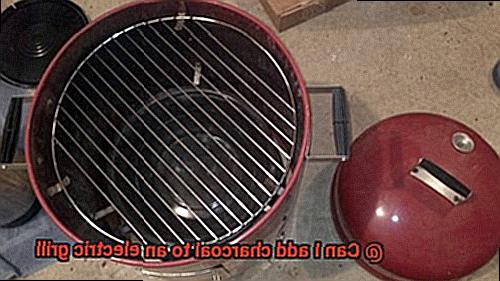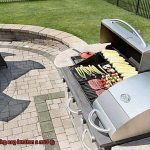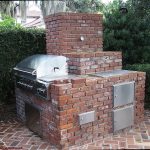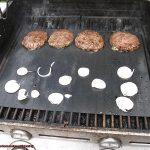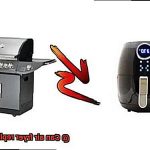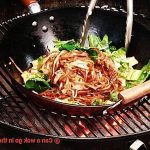Are you a die-hard grilling enthusiast who’s always on the lookout for the best fuel option for your Weber grill? Whether you’re moving to a new house or simply want to switch from natural gas to propane, we’ve got you covered.
Propane is a versatile and readily available fuel that many grillers prefer over natural gas. But what if your Weber grill is already connected to natural gas? No worries. You can still enjoy the convenience of propane by converting your grill.
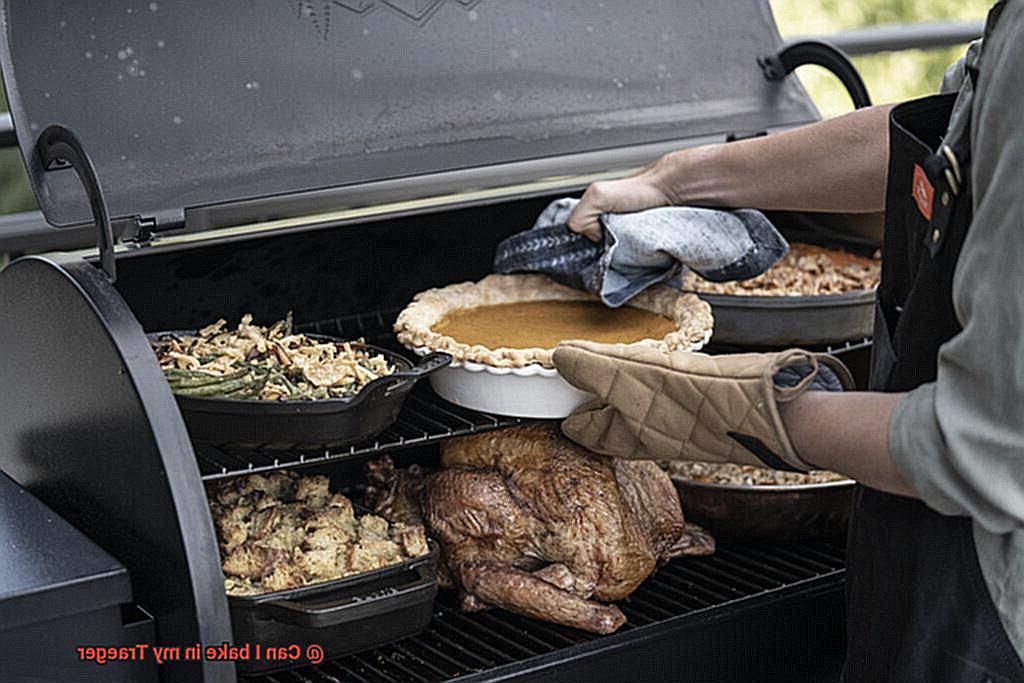
The conversion process may seem daunting, but it’s actually quite simple. All you need is some basic knowledge about your grill’s components and a few easy steps to adjust the regulator and burner orifices for propane gas. However, before getting started, it’s crucial to ensure that your Weber grill is compatible with propane gas. Not all models can be converted, and attempting to do so could result in damage or even safety hazards.
If you’re unsure about compatibility or how to carry out the conversion process, don’t hesitate to seek advice from a certified technician or authorized Weber service center. Once you’ve successfully made the switch, get ready to fire up your grill with the convenience of propane and cook up some mouth-watering meals.
Contents
Can All Weber Grills be Converted to Propane?
This is due to differences in the gas lines, burner orifices, and regulator settings between the two types of fuel. Therefore, before attempting to convert your grill, it is critical to check the manufacturer’s instructions and guidelines to determine if your specific model can be converted.
If your Weber grill can be converted, it is highly recommended to have a professional handle the process. A professional will ensure that the conversion is done correctly and safely. Attempting to convert your grill without proper training and tools can be dangerous.
During the conversion process, the natural gas regulator must be replaced with a propane regulator, the orifices in the burners and valves must be changed, and the hose and connector must be replaced. It is important to use the correct orifices specifically designed for your Weber grill model and the type of gas you will be using.
It is important to keep in mind that converting your Weber grill from natural gas to propane may affect its performance. Propane burns hotter than natural gas, so you may need to adjust the burners accordingly to prevent food from burning or cooking too quickly.
It’s also important to note that converting a grill from one fuel type to another may void the manufacturer’s warranty. This is because improper installation or conversion can cause your grill to malfunction, which can be dangerous.
What Tools and Techniques are Needed for the Conversion Process?
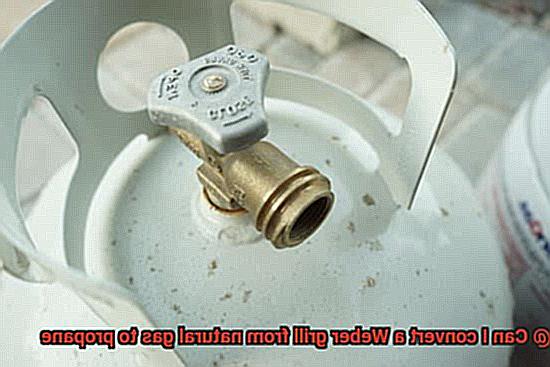
Before you start, it’s important to have the right tools and techniques on hand to ensure a safe and successful conversion process.
Firstly, you will need a conversion kit that is compatible with your specific Weber grill model. This kit typically includes a regulator, hose, and orifices that fit the grill’s burners. The regulator controls the gas flow, while the orifices help regulate the size of the gas stream.
In addition to the conversion kit, you will need a set of wrenches, adjustable pliers, and a screwdriver to disassemble and reassemble the grill’s components. It’s also essential to have a gas leak detector solution or soapy water on hand to check for any gas leaks during the conversion process.
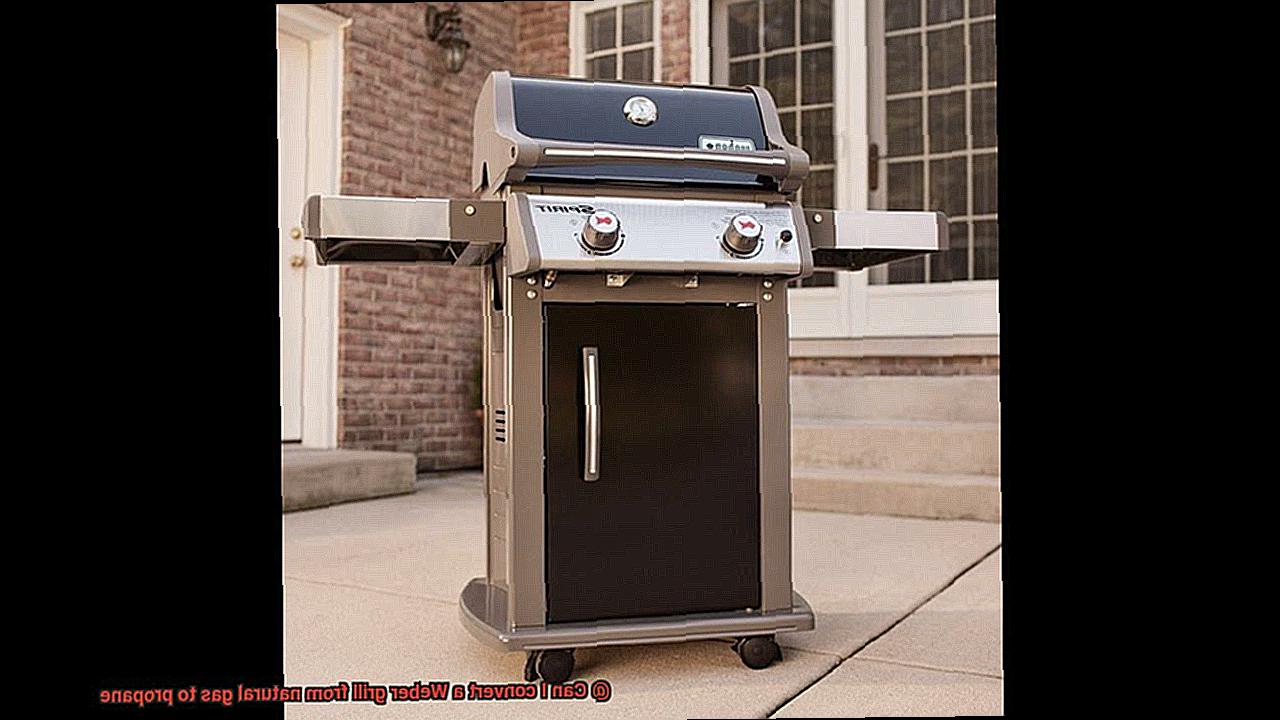
Before you start disassembling your grill, make sure to turn off the gas supply and disconnect the grill from the natural gas line. It’s crucial to let the grill cool down completely before you begin taking it apart.
Once you have disassembled the necessary components, you can replace the natural gas regulator and hose with the propane regulator and hose provided in the conversion kit. You’ll also need to replace each burner’s orifices with those designed for propane gas. Make sure everything is securely in place before moving on.
After completing the conversion process, it’s crucial to perform a thorough leak test. Apply a gas leak detector solution or soapy water around all connections, and tighten any connections until they are secure if you detect any leaks.
While converting your Weber grill from natural gas to propane can be done by a DIY enthusiast, it’s always recommended to consult with a professional if you’re unsure about any aspect of the process. It’s also crucial to follow all safety guidelines provided by Weber and the conversion kit manufacturer.
How to Change the Regulator, Orifices, Hose, and Connector?
With the right tools and techniques, it’s possible to make this transition and enjoy all the benefits that come with grilling on propane. One of the most important steps in this process is changing the regulator, orifices, hose, and connector. These components work together to ensure that your grill receives the right amount of fuel and operates safely.
To get started, you’ll need to purchase a conversion kit that is compatible with your specific Weber grill model. This kit should include all the necessary parts, including a new regulator, orifices, hose, and connector. It’s important to follow the manufacturer’s instructions carefully, as each kit may have slightly different components and installation procedures.
The first step in the process is to turn off the gas supply to your grill and disconnect the existing natural gas hose from the regulator. This ensures that you’re working safely and won’t accidentally ignite any gas. Next, remove the orifices from each burner and replace them with the new propane orifices included in your conversion kit. These orifices are designed to allow for the correct flow of propane gas to the burners and ensure even cooking.
Once the orifices are installed, it’s time to attach the new regulator to your propane tank and connect it to your grill using the provided hose and connector. Make sure all connections are tight and secure before turning on the gas supply and testing your grill for proper operation. You want to ensure that there are no leaks or loose connections that could cause a safety hazard.
It’s important to note that converting your Weber grill from natural gas to propane may void any warranty on your grill. Be sure to check your owner’s manual and warranty information before attempting any modifications.
Is it Necessary to Hire a Professional?
While it’s a relatively simple process, there are risks and challenges involved that may make hiring a professional the better option.
To start, converting a grill involves working with gas lines and other potentially dangerous components. If you’re not experienced with this type of work, it’s easy to make mistakes that could lead to gas leaks or other hazards. A professional, on the other hand, will have the necessary training and expertise to safely handle the conversion process.
In addition to safety concerns, cost is also an important factor to consider. While hiring a professional may seem like an unnecessary expense, attempting the conversion yourself could end up being more expensive in the long run. If you make a mistake during the process, you might need to call in a professional anyway to fix the problem. Plus, if you damage your grill or any of its components during the conversion process, you’ll need to pay for replacements.
So, is it necessary to hire a professional? Ultimately, it depends on your level of experience and comfort with this type of work. Here are some things to consider:
- If you have experience working with gas lines and other grill components, and you’re confident in your abilities, you may be able to handle the conversion yourself.
- However, if you’re unsure or don’t have much experience with this type of work, it’s worth hiring a professional for peace of mind.
- Keep in mind that even if you can do the conversion yourself, it may still be worth hiring a professional if you don’t have all the necessary tools or equipment.
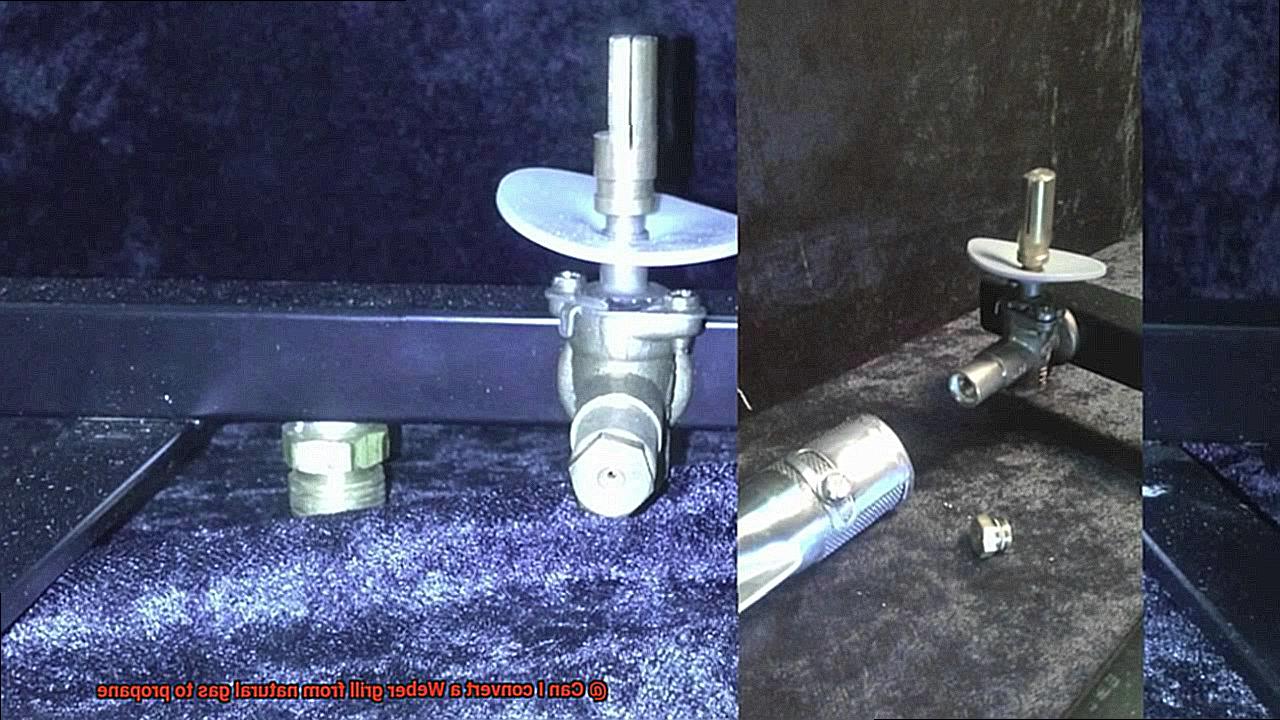
Potential Performance Issues After Converting from Natural Gas to Propane
While the process may seem easy enough, it’s essential to consider potential performance issues before making the switch. As an expert in this area, I have done extensive research and compiled a comprehensive list of things to keep in mind.
Firstly, natural gas and propane are delivered at different pressures. This means that when converting to propane, there may be a decrease in heat output. Waiting for your food to cook on the grill can be frustrating, so it’s important to take note of this potential issue.
Another significant issue to consider is the size of the burner orifices. Propane orifices need to be smaller than natural gas orifices due to the higher pressure of propane. If not sized correctly, this can cause uneven heating and hot spots on your grill. Nobody wants overcooked burgers on one side and undercooked ones on the other.
Propane burns hotter than natural gas, so it is critical to adjust the regulator to prevent flare-ups and ensure even cooking. Burnt or undercooked food is never appetizing, so this step is crucial for achieving optimal grilling results.
Moreover, not all Weber grills are designed for conversion from natural gas to propane. Safety should always come first, so be sure to check with the manufacturer before attempting any conversion.
To summarize, converting your Weber grill from natural gas to propane can be a great idea, but it’s important to consider potential performance issues and take necessary steps for optimal grilling results. To help you remember everything you need to know, here’s a quick list:
- Note the difference in pressure between natural gas and propane
- Check that your burner orifices are properly sized for propane
- Adjust your regulator to avoid flare-ups and ensure even cooking
- Confirm with the manufacturer that your grill is safe for conversion
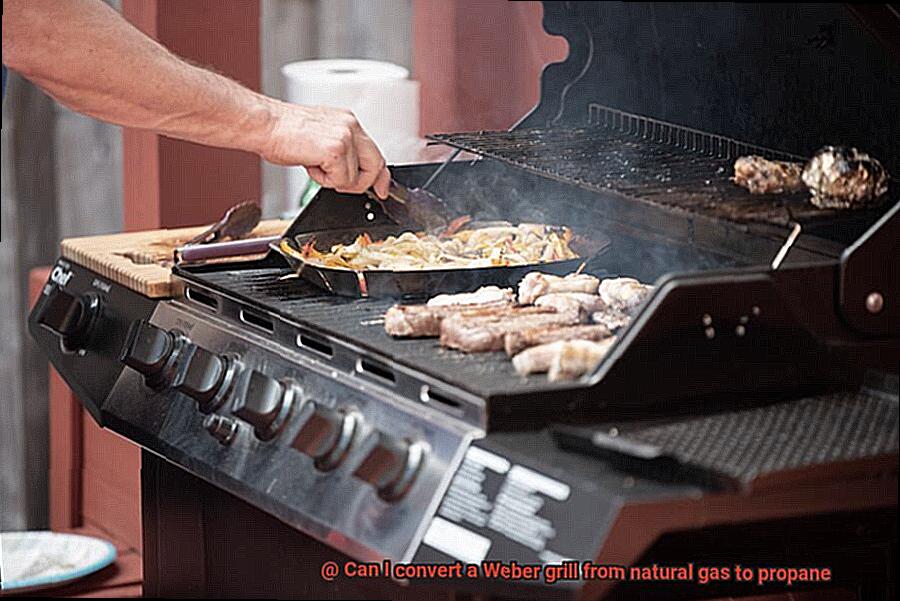
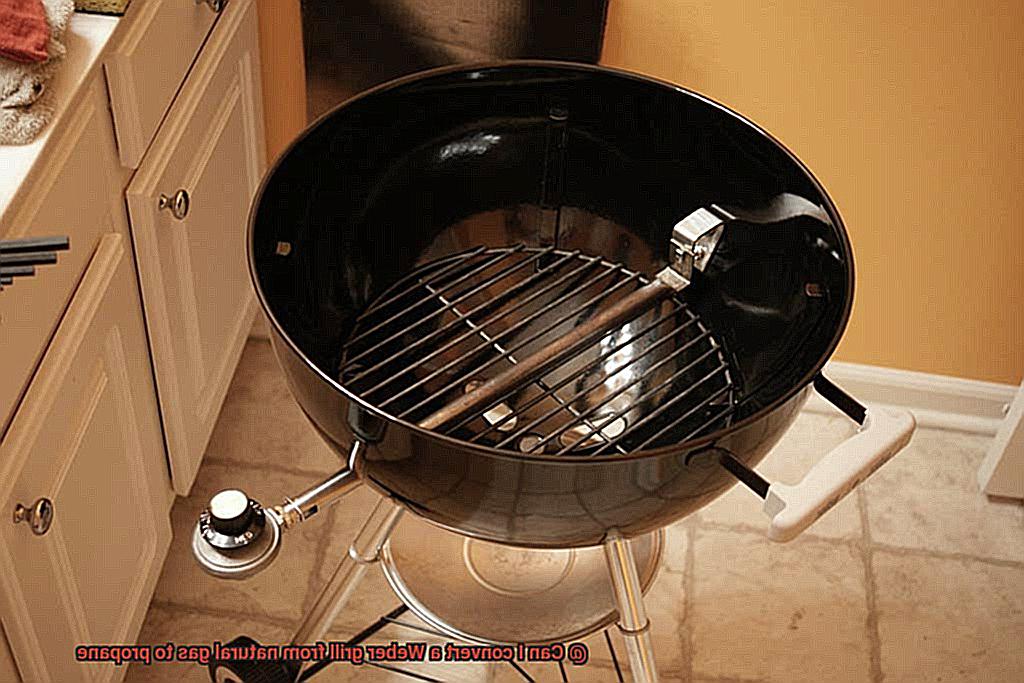
Safety Considerations When Converting a Weber Grill
Before you start, it’s crucial to be aware of the safety considerations involved. As an expert in this field, I want to share some important tips to ensure that your conversion is not only successful but also safe.
First and foremost, it’s essential to understand that natural gas and propane have different pressure levels. Converting your grill requires specific tools and knowledge that only professionals who are trained and certified to handle gas appliances possess. Attempting a conversion without these can lead to dangerous mishaps.
Secondly, it’s important to confirm that your Weber grill is convertible before attempting any conversion. Not all grills are convertible, and trying to convert a non-convertible grill can result in severe injuries or property damage. To determine if your grill is convertible, check the owner’s manual for information.
Thirdly, ensure that you have the correct conversion kit for your model. Using the wrong kit can lead to gas leaks, fires, or explosions. It’s always best practice to do thorough research and purchase the right kit for your specific model of Weber grill.
Fourthly, after installing the conversion kit, check for gas leaks. You can do this by testing all connections with a solution of soapy water and looking for any bubbles. If you detect any leaks, turn off the gas supply immediately and fix the problem before using the grill.
Finally, never attempt to modify your Weber grill’s valves or regulators. Modifying these parts can compromise the grill’s safety and lead to serious injuries or property damage.
Step-by-Step Guide on How to Convert a Weber Grill from Natural Gas to Propane
If you’ve decided to make the switch from natural gas to propane, don’t fret. Converting your Weber grill is a straightforward process that can be accomplished with the right tools and some basic know-how. As an expert in this area, I’ll guide you through each step.
Step 1: Gather Your Tools
Before diving in, gather all the tools required for the job, which include a propane regulator and hose, a propane tank, an adjustable wrench, and a screwdriver. It’s also crucial to wear gloves and safety glasses to protect yourself from any harm.
Step 2: Turn Off the Gas Supply
Safety should always be your top priority. Begin by turning off the natural gas supply to your grill. The valve is typically located near your gas meter.
Step 3: Remove the Natural Gas Hose and Regulator
Using an adjustable wrench, loosen and remove the natural gas hose and regulator from your grill. Be careful not to damage any fittings during this process.
Step 4: Install the Propane Regulator and Hose
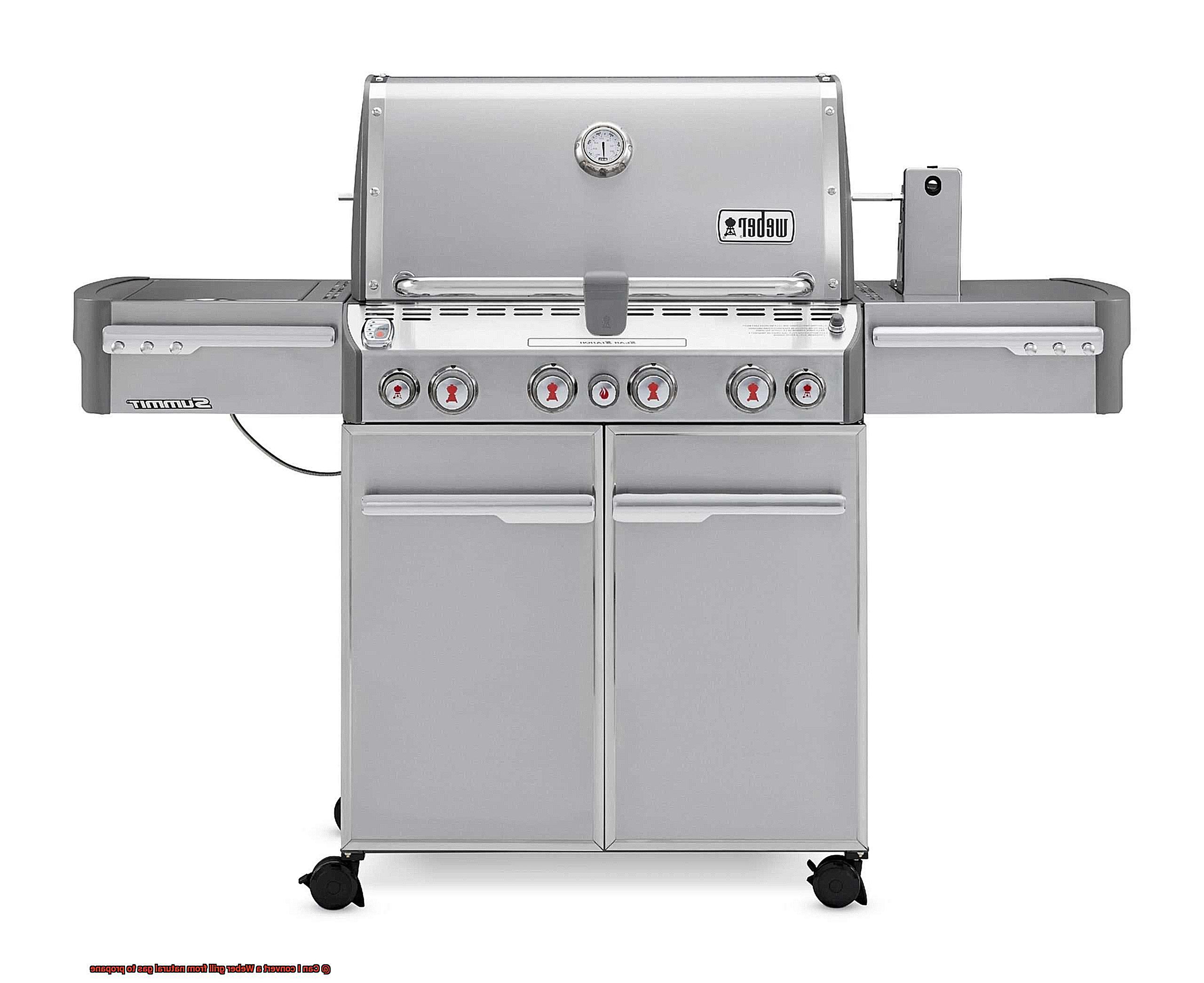
Attach the propane regulator and hose to the same location where you removed the natural gas hose and regulator. Ensure that all fittings are tight and secure.
Step 5: Connect Propane Tank
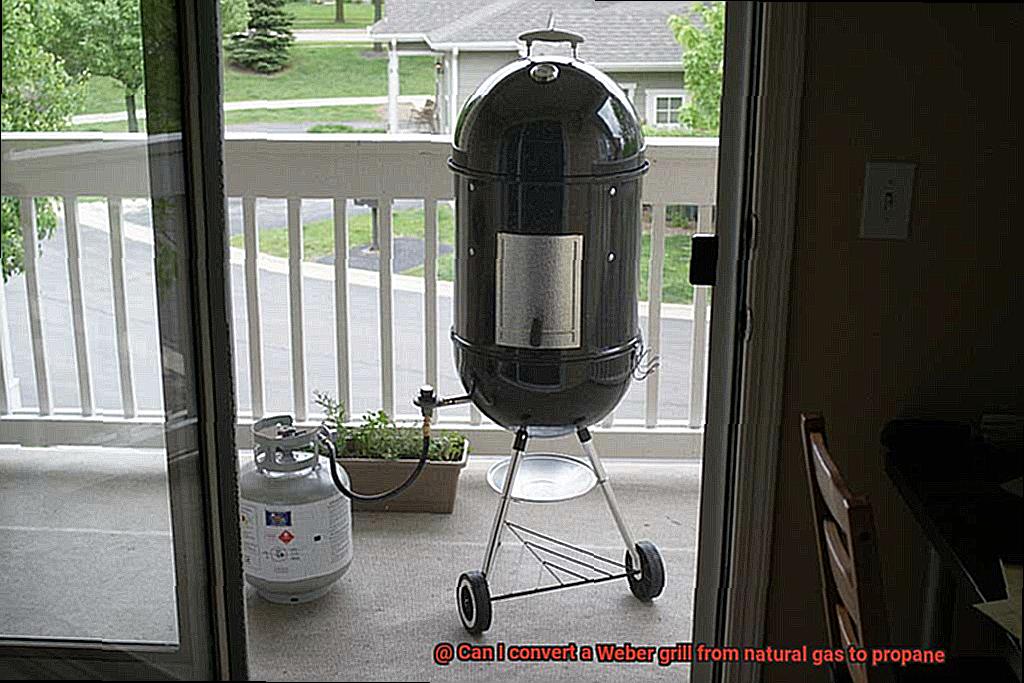
Connect your propane tank to the regulator and hose using appropriate fittings, ensuring that it is securely fastened in place.
Step 6: Check for Leaks
Before firing up your grill, check for any possible leaks by applying a solution of soapy water to all connections and fittings. Any bubbles forming indicate a leak that needs fixing before use.
Step 7: Test Your Grill
Once you’ve confirmed no leaks exist, turn on your propane tank and ignite your grill using either its ignition system or a lighter. Allow it to heat up for a few minutes before placing food on the grates.
Troubleshooting Tips for Converting a Weber Grill from Natural Gas to Propane
Converting your Weber grill from natural gas to propane can be a challenging task, but with the right tools and knowledge, it can be done successfully. Here are five troubleshooting tips to ensure a smooth conversion process.
Ensure You Have the Right Conversion Kit
The first step is to ensure that you have the correct conversion kit for your specific model of Weber grill. Using the wrong kit can pose serious safety hazards and cause damage to your grill. It’s essential to double-check that you have all the necessary parts and tools, including a propane tank, regulator, hose, and conversion kit.
Follow Instructions Carefully
Once you have the right conversion kit, it’s crucial to read the instructions carefully and follow them step by step. This means ensuring that all necessary parts are installed correctly and securely before using the grill. It’s also essential to check for leaks before igniting the grill and adjusting the burners to function correctly with propane fuel.
Check for Leaks
Before turning on the grill, inspect all connections thoroughly and make sure that they are tight and secure to avoid any gas leaks. One way to check for leaks is by using a solution of soap and water and applying it to all connections while watching for bubbles. If you see bubbles, it means there might be a leak, and you should tighten the connection or replace any faulty parts.
Adjust Burners as Needed
After converting your Weber grill from natural gas to propane, it’s crucial to adjust the burners for optimal performance. The burners might require some adjustments to ensure that they function correctly with propane gas. You can adjust the air shutter on each burner to achieve optimal flame height and shape.
Monitor Grill Temperature
Lastly, it’s essential to monitor the temperature of your grill after converting it from natural gas to propane. Propane tends to burn hotter than natural gas, so you might need to adjust the heat settings accordingly. Using a thermometer to monitor the temperature of your grill ensures that you make adjustments as needed.
qDDBYbN8Ap0″ >
Conclusion
To sum up, switching your Weber grill from natural gas to propane is a smart move if you’re seeking a more adaptable and readily available fuel source. However, before embarking on the conversion process, it’s crucial to verify that your specific model can be converted and that you possess all of the necessary tools and skills.
Although converting might seem intimidating, it’s actually quite easy with some fundamental knowledge of your grill’s components and a few simple steps to modify the regulator and burner orifices for propane gas. Nevertheless, safety should always be your top priority. If you’re uncertain about compatibility or how to execute the conversion, it’s strongly recommended that you enlist the services of a professional.
After successfully completing the transition, keep in mind that changing your grill from one fuel type to another may have an impact on its performance. Propane burns hotter than natural gas, so you may need to adjust the burners accordingly to avoid overcooking or burning food.

